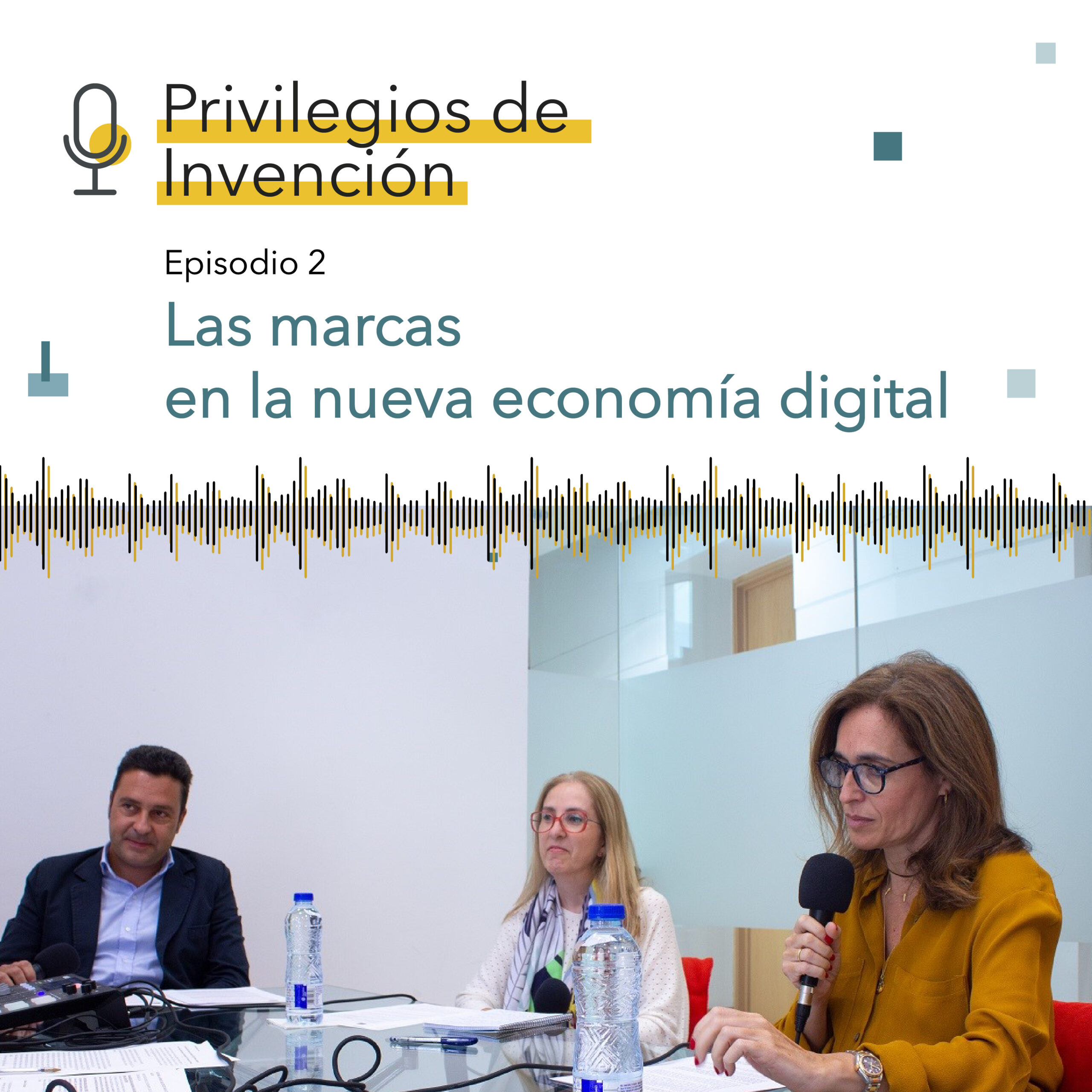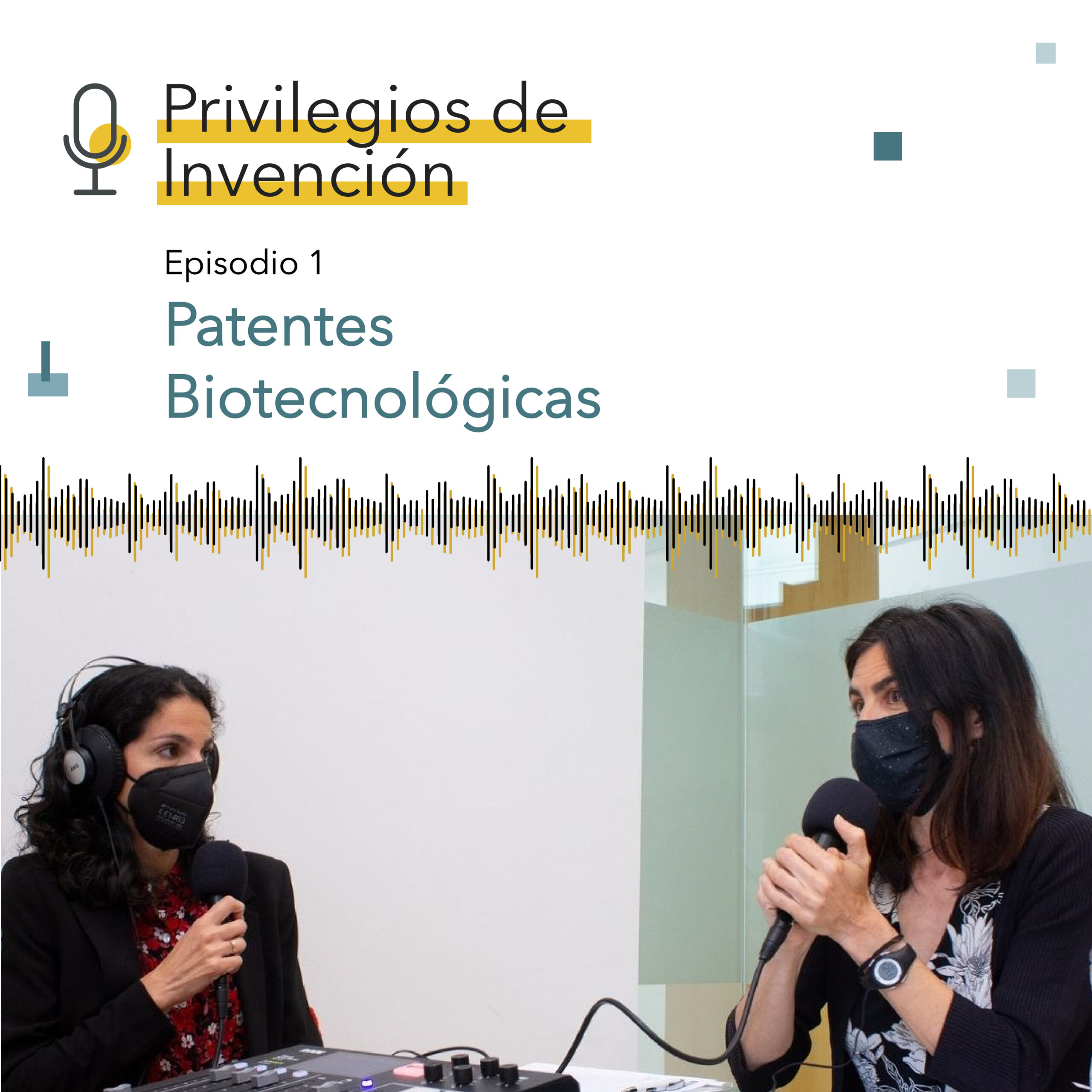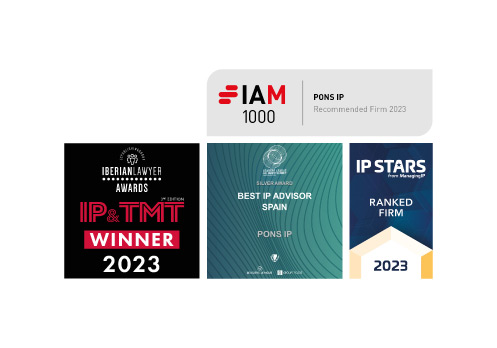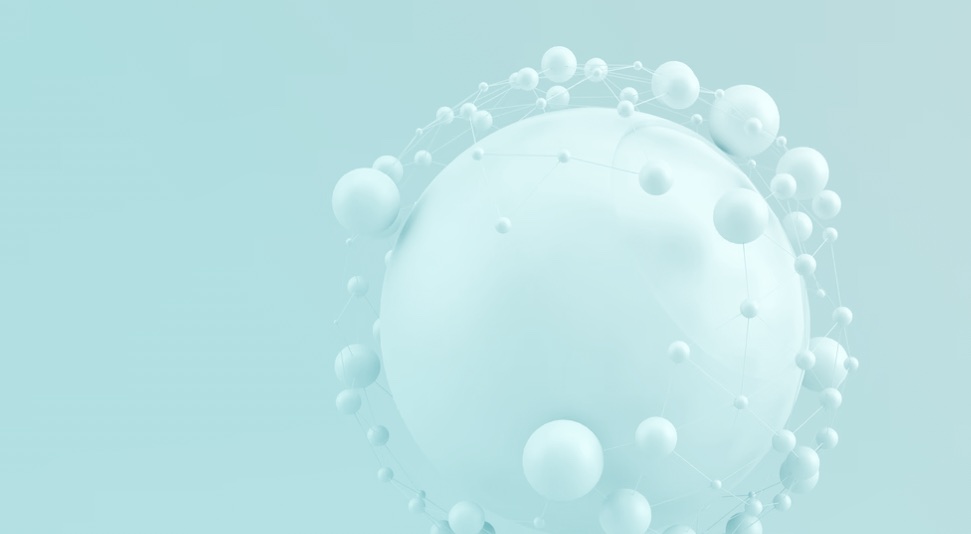It is widely known that, in recent years, our society’s technological and scientific development has been exponential, which is why Intellectual Property Registration Offices have found it necessary to strengthen their infrastructures and platforms, as well as to promote the relevance of protecting the assets generated by knowledge and innovation.
As a result, we have seen the improvement and reinforcement of protection strategies and the implementation of innovative concepts in their decisions, more in line with new needs and existing phenomena.
Although there is still a long way to go and there are countless opportunities for improvement, we can say that LatAm countries—some more than others—have made progress in the scope of Intellectual Property Rights. In particular, significant progress has been made in the protection of Trademarks, acknowledging that, thanks to them, both consumers and business people can be protected. The power or leadership held by the intellectual property offices in LatAm is also an opportunity to support the business fabric by bringing it knowledge on Intellectual Property Rights. This has been achieved by means of training, discounts on official fees, the streamlining of procedures and, mainly, by decentralizing of applications.
The starting point is the case of Colombia, for two reasons: First, because the Colombian Superintendency of Industry and Commerce stands out due to technological and political advances in trademark protection. And second, because Colombia’s trademark registration regime is replicated in some way in the remaining Latin American countries, with some variations, specifically in the legal terms and formalities required in the Power of Attorney document.
The process of registering a trademark in Colombia generally begins with a preliminary examination of the application in formal terms. Potential errors may be corrected within an extendable period, with sufficient time in favor of the applicant, but with the benefit of a decentralizing date (and a right of priority to obtain registration with it). Once the form stage is satisfactorily completed, the application is published in the Intellectual Property Gazette, in order to give interested third parties the opportunity to file opposition to the registration on the basis of a paramount right. This is followed by a thorough examination where the relevant office analyzes the feasibility and therefore registrability of the sign and, as a result of this analysis, a final decision is issued that necessarily ends in the Grant or Denial of registration, giving the opportunity to file appeals. This model is replicated in the other member countries of the Andean Community—Ecuador, Peru, and Bolivia—and in countries such as Mexico, Brazil, and Argentina. The Offices in charge of Intellectual Property matters in LatAm have recently implemented improvements in registration procedures, such as the inclusion of the opposition stage in Mexico, an Accelerated Examination of Formal Requirements in Colombia and, in general, the creation of a more agile and user-friendly registration system. In addition, new trademark protection concepts have been developed, in particular we will address the possibility of protecting non-traditional trademarks.
In this regard, we must say that in Colombia, as in the other Andean Community countries as well as in Brazil, Mexico, and Argentina, there is an openness towards the protection of non-traditional trademarks, that is to say, trademarks for which distinctiveness lies in factors other than words, letters, symbols or drawings, such as smell, color, texture, and so on. In the specific case of Colombia, although the number of non-traditional trademarks applied cannot be compared with traditional trademarks, there has been an increase in the number of applications and grantings on this type of trademarks over the years. This is evidenced by the fact that until 2017, Colombia had a total of 1,687 non-traditional trademarks applied for, out of which approximately 852 may have been granted.
It is also important to mention the leading role played by the use of trademarks in LatAm, even though there is no explicit rule requiring their use.Our laws tend to avoid unjustified monopolies on trademark registrations if after a period of 3 years (in Andean Community countries and Mexico) or 5 years (Argentina and Brazil, among others), the holder of the registration does not make use of their registered trademarks. This is how the different laws establish cancellation action due to non-usage as the mechanism that makes it possible to purge the registration of trademarks, canceling registrations that are no longer of interest to their holder and therefore no longer used, upon the explicit request of a third party. Now, from the trademark owner’s point of view, this type of actions increase the need for companies to verify the effective use of their trademarks and to alert when one of them is not being used. The final analysis shows that it is possible to profit from the registration, for example, through a sale or licensing, or simply by deciding to remove the trademark from the portfolio to avoid unnecessary renewal costs. We have already mentioned that a good trademark creation and positioning strategy necessarily has a strong influence on the economic success of its holders, to the extent that the registration of their trademarks becomes a criterion that will favor the choice of their products and services in the market and, therefore, the purchase decision. But it also gives them the possibility of profiting financially by means of active negotiations on the sale of the registration or the granting of usage licenses. However, it is no secret that, for some time now, companies tend to have no effective communication lines in this sense and that, at times, there is not enough synergy among the various areas involved in the correct selection, protection and use of trademarks. As regards those ‘various areas’, we’d draw special attention to the most influential in decision making such as Marketing, Legal, and those related to product development and international expansion policies. The goal is that the areas themselves do not become an obstacle to each other for the creation, selection and positioning of trademarks. On the contrary, as a result of working together, trademarks that have the highest degree of certainty in terms of potential to be granted a registration as well as advertising, legal and commercial success should be registered, without affecting the rights of any third party neither their future internationalization. In a border-less world, thinking about launching a trademark and not foreseeing its internationalization, seeking a correct early and timely protection in the different countries of interest, could be considered a management mistake incurred by executives or directors. Therefore, the call is to generate a strong trademark strategy that is adequate, taking into consideration a triple perspective (marketing, legal, internationalization policy), so that the result is the creation and positioning of a brand that brings about competitiveness and profitability to its holder, effectively representing an asset that intervenes positively in the economic success of companies.




